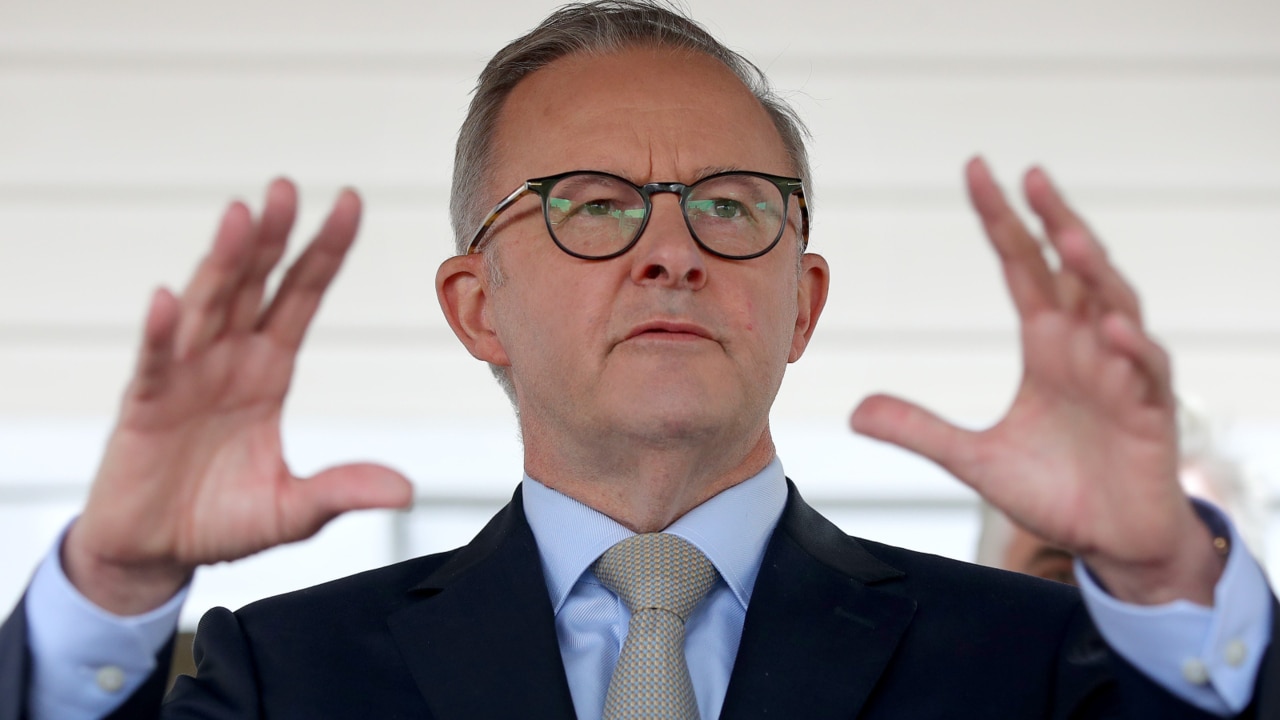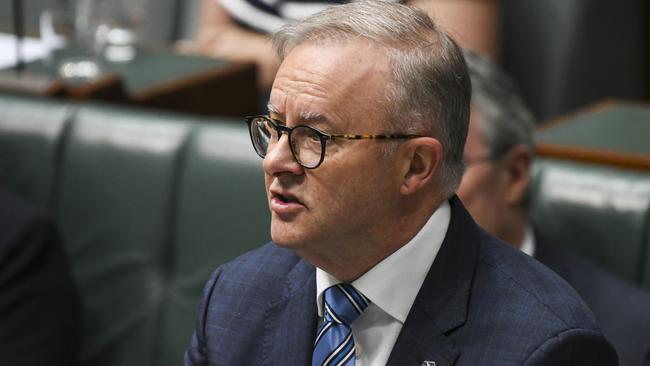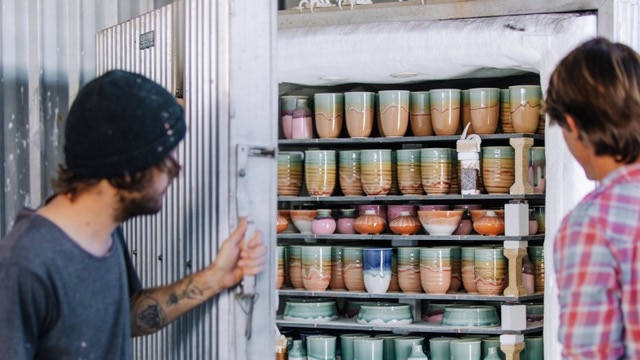Labor’s controversial energy relief bill to take sting out of soaring power prices
Australian households will be saved about $230 next year following the federal government’s controversial intervention in the energy market to take the sting out of soaring power prices.

National
Don't miss out on the headlines from National. Followed categories will be added to My News.
Australian households will be saved about $230 next year following the federal government’s controversial intervention in the energy market to take the sting out of soaring power prices.
Under Labor’s plan, the forecast 36 per cent rise in electricity prices next financial year has been slashed to 23 per cent, with further savings to be delivered to lower income households through direct subsidies.
The government has put $1.5 billion on the table for additional bill relief, to be matched dollar-for-dollar by states, with the precise saving for eligible households yet to be determined.
The direct subsidy will be available to all recipients of Commonwealth support, such as those receiving a pension, jobseeker or family tax benefits.
The government’s energy proposal was condemned by gas companies and the Coalition, but passed a special sitting of parliament in Canberra on Thursday with the support of the Greens, the Jacqui Lambie Network and independent David Pocock.

A 12-month gas price cap of $12 a gigajoule will kick in next year, while the bill also set out a framework for a mandatory code of conduct that has angered gas companies.
The Coalition claimed the bill would cause an energy shortfall and did not do enough to drive down forecast power price hikes.
The bill did include the allocation of $1.5 billion for direct bill relief to lower income households next year, with Labor scathing of the Coalition’s decision to oppose the assistance.
Gas producers have slammed the market intervention and warned it would disrupt investment, but Anthony Albanese said the $12 a gigajoule “ceiling” was still higher than the majority of prices in 2021.
“(Companies) want to be careful they’re not talking themselves down,” the Prime Minister said.
“If you go out there and you say ‘this will inhibit investment, this will create issues for us going forward’, then you’re essentially talking down your industry.”
Before the bill had even passed parliament, reports had already emerged of Australian retailers being able to secure 12-month gas prices at between 45 and 50 per cent lower than before the government first flagged its intervention plan.


Australian Energy Regulator chair Clare Savage said it did not necessarily mean there would be lower retail prices next year.
“But it does mean if markets keep trading as they are right now we should see an increase next year lower than previously expected,” she said.
In order to secure support in the Senate for its energy bill, the government made a deal with the Greens pledging financial assistance to transition away from gas, which has garnered both praise and criticism.
Welcoming the announcement, Renton Bishropic, co-founder of Queensland-based Pottery for the Plant, said his company’s switch to using predominantly electric-powered kilns had paid for itself in under two years.
“Although it was primarily an environmental decision, on the financial side the equation was also a no-brainer,” he said.
The company’s 100 solar panels power electric kilns four days a week, and return energy to the grid the other days.

Jon Seeley, managing director of gas heating appliance manufacturer Seeley International, said the anti-gas rhetoric would drive up the cost of electricity in the short term, and overlooked the environmental shift toward renewable alternatives.
“The answer is not turning off the gas tap,” he said.
“The answer is embracing the transition from natural gas to renewable biomethane or hydrogen.”
Mr Seeley said Australians liked the “quality and consistency” of gas heating, stoves and other appliances.
The Coalition argued the government’s bill would not completely neutralise the expected power price rises next year.
“This diabolic deal stitched up at five minutes to midnight will not reduce energy prices,” opposition energy spokesman Ted O’Brien said.
“History has shown time and time again that price caps will only result in supply shortages and that leads to price rises.”
Got a news tip? Email clare.armstrong@news.com.au





